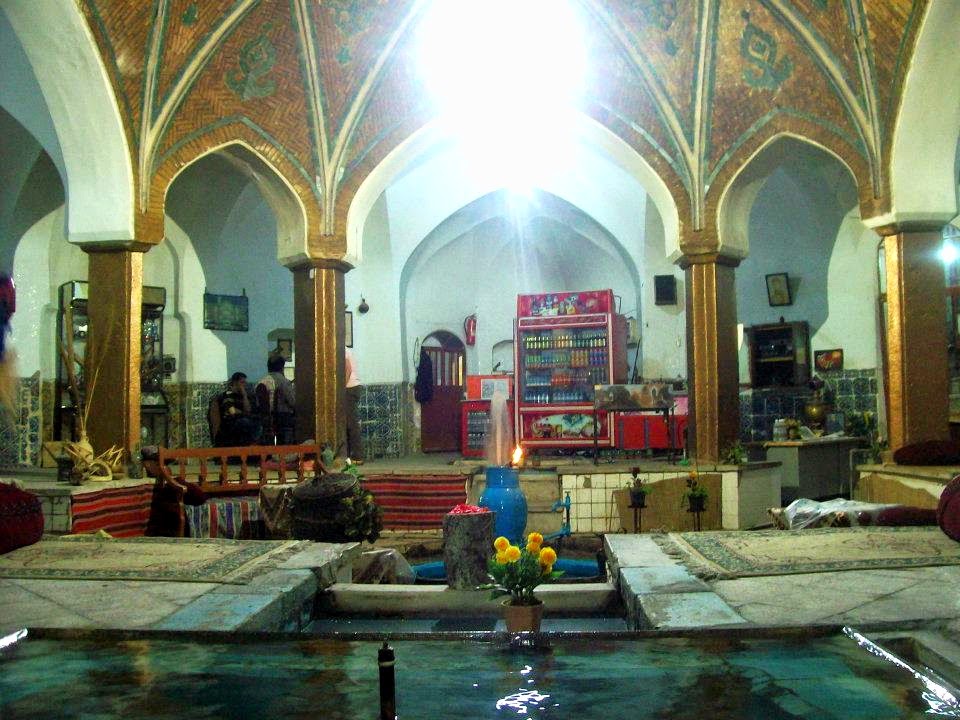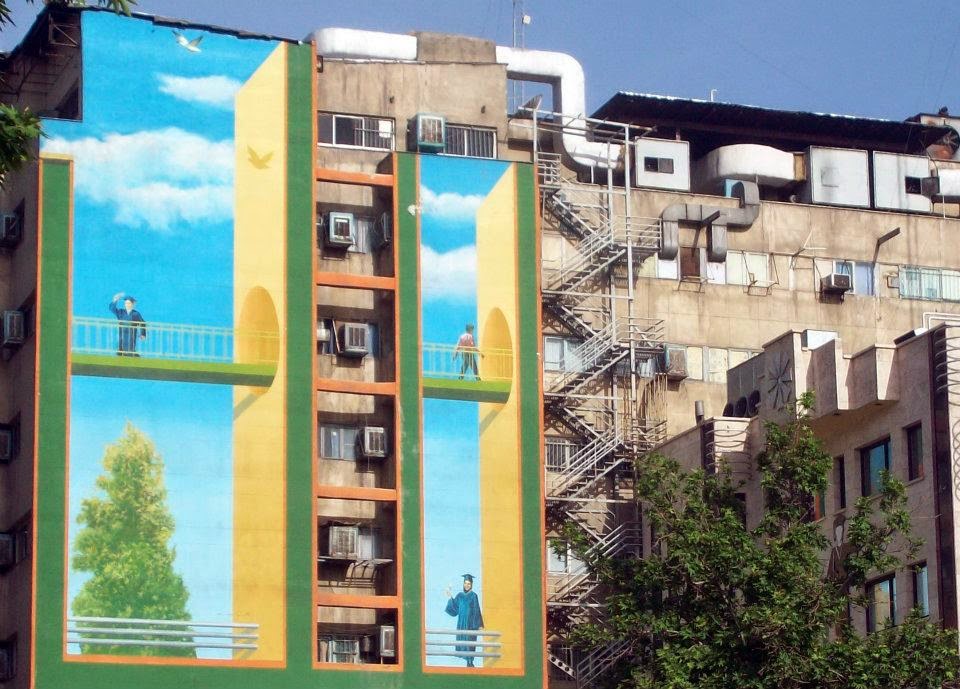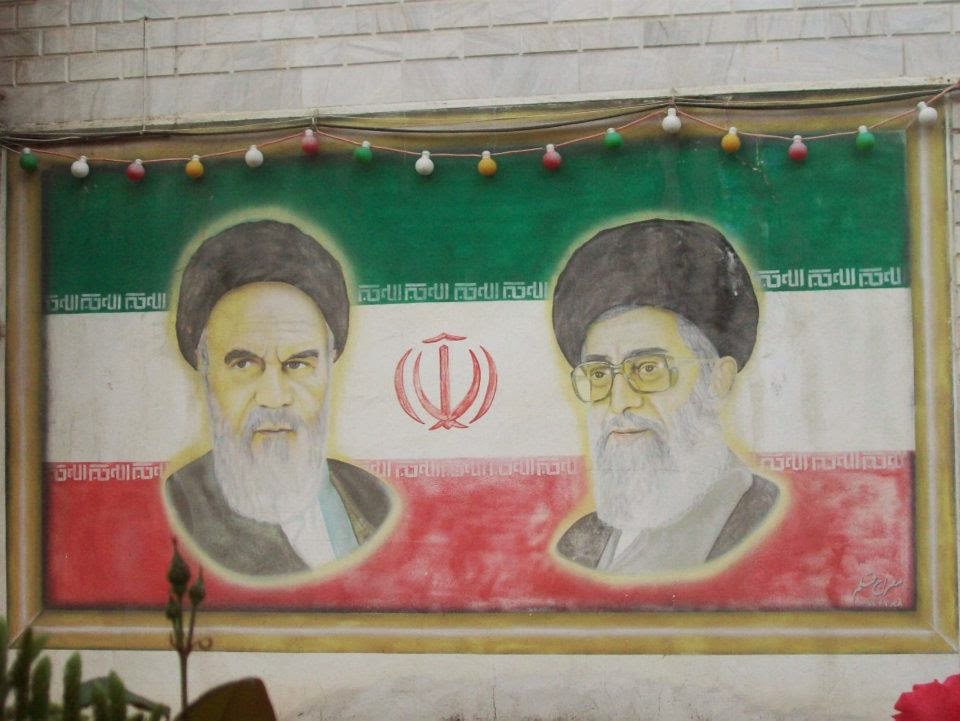 "It is a good and noble city, and has a great amount of trade" - said Marco Polo once upon a time. His words remained true to this day. Handicrafts and silk are still one of the city's landmarks.
"It is a good and noble city, and has a great amount of trade" - said Marco Polo once upon a time. His words remained true to this day. Handicrafts and silk are still one of the city's landmarks.Yazd might be the hottest city in Iran, and therefore, medieval Perisans were noble enough to built many "windcatchers" - natural tower-like ventilation systems, as well as underground passages with hundreds of chambers. The city is a large labyrinth of tunnels, small alleys, fortresses, mosques, hidden squares and old houses made of bricks and mud. In fact, it's the oldest inhabited mud-brick city in the world.
Being one of the oldest cities in the Middle East, and due to its well preserved unique architecture, Yazd gives a very different feeling from any other places, not only in Iran, but in the whole world.
It's remote location in the desert, was a good advantage to save the city from the destruction caused by many wars. Therefore, despite Muslim conquest of Persia back in the 7th century, Yazd managed to keep most of it's ancient buildings, and heritage from the old times, when it served as a large Zoroastrian center.
Zoroastrians were monotheists whose religion had influence, among others, in Christianity and Islam. These worshipers of water and fire, still have their own temples preserved around this region. They had, however, a strange ritual of exposing their dead people at the top of the towers, removing skin and organs, and leaving only bones. Some of the buildings where they practiced excarnation are still here as testimonial to their rituals, known today as "towers of silence".
Wondering through its endless narrow streets, made me enjoy being lost in this historical maze called Yazd. Small local stores with merchants who looked like being leftovers from the middle ages, smell of a fresh baked bread, sound of Ezan passing through these corridors and tunnels all brought me to some forgotten charm from the old times.
Somewhere in the maze, between the streets, I passed through a door that hide a hotel behind it. A traditional old house reincarnated into a hotel, had a large garden around the fountain and several sitting beds perfect for having afternoon coffee. A mysterious man who worked there, came few times around us asking us few irrelevant questions, until we finally realized that he is our host.
 Balal was the most active couchsurfing member in Yazd. However, living in a conservative society and hosting quite often, he had to hide his guests from the eyes of curious locals. Before he parked his car, he had to wait until the street was completely empty, so he can smuggle his personal immigrants into his house. A large room in the basement was reserved for his guests. It felt like an orphanage for travelers. Two large beds, one sofa, plenty of floor space were all filled up, and by the time of our arrival, he had three more guests at the same time. His walls was filled with drawings, signatures or funny random messages that each of his guest has left and his fridge decorated by mugshots of his guests. I recognized (another) Nenad, my Serbian friend, who was at the same place just two months before me.
Balal was the most active couchsurfing member in Yazd. However, living in a conservative society and hosting quite often, he had to hide his guests from the eyes of curious locals. Before he parked his car, he had to wait until the street was completely empty, so he can smuggle his personal immigrants into his house. A large room in the basement was reserved for his guests. It felt like an orphanage for travelers. Two large beds, one sofa, plenty of floor space were all filled up, and by the time of our arrival, he had three more guests at the same time. His walls was filled with drawings, signatures or funny random messages that each of his guest has left and his fridge decorated by mugshots of his guests. I recognized (another) Nenad, my Serbian friend, who was at the same place just two months before me.









































